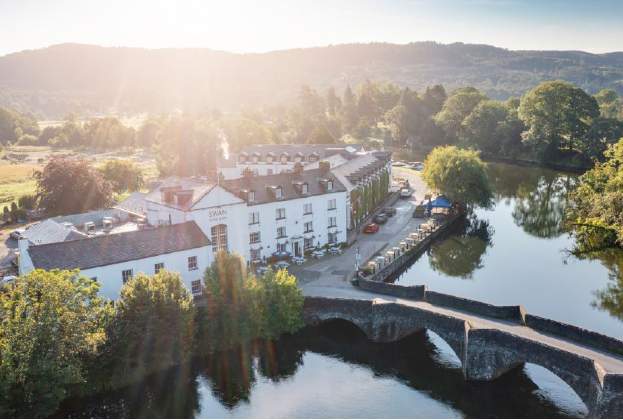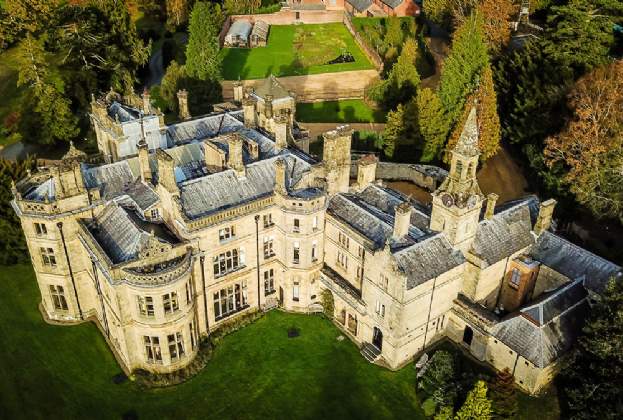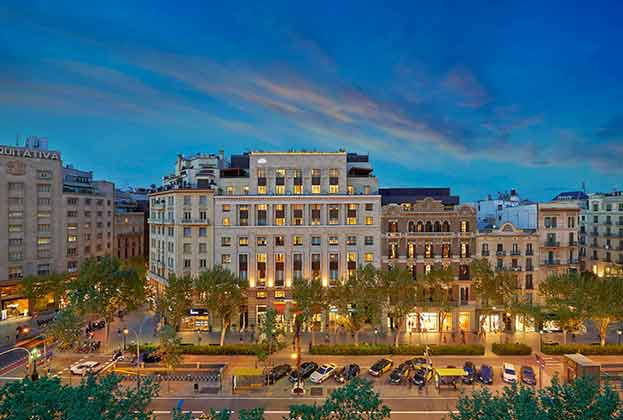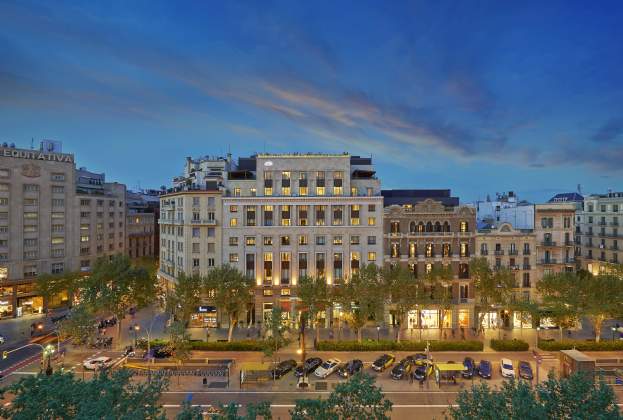The Government recently announced a new tourism sector deal which included a commitment to build 130,000 new hotel rooms by 2025. The initiative follows an expected rise in visitor numbers to the country: according to the report there will be nine million extra visitors to the UK over the next six years. The aim of the deal is to support the continued growth of tourism and ensure that the UK remains a top global tourist destination.
With the committed hotel pipeline for the UK currently at approximately 50,000 new beds to 2025, getting to 130,000 will be a challenge considering that over the last five years close to 64,000 new rooms have been delivered. The Government’s commitment will certainly be welcomed by the industry, the question is where and how will these new developments be delivered?
Its envisaged three quarters of the 130,000 committed rooms will be delivered outside London, supported by the deal’s proposed initiatives to boost visitor numbers beyond the capital to other parts of the country. We’ve already seen the visitor appeal of cities such as Manchester and Liverpool move up the agenda for international tourists, widening this to other parts of the country will be key to meeting the Government’s target.
When it comes to identifying opportunities for new hotel developments, and ensuring these are viable, significant thought will need to be given to the specifics of the site in terms of location but also branding and price point.
There’s been a real demand from developers for hotels to play a role in wider regeneration schemes and intensification of traditional retail schemes. The beauty of a hotel within a mixed use asset is that it can deliver long-term income but also add vibrancy and footfall for surrounding retail and leisure in the area. They can also sit alongside shops and amenities on the ground floor or be blended with residential use.
But getting the right operator with the right brand and offer will also be key to success. Millennials are driving the market and will continue to do so over the next 10 years, for example under 30 households' spend on UK holiday accommodation has grown 111 per cent (inflation adjusted) since 2009. Delivering a hospitality experience that appeals to this demographic at an attractive price point will be key, which could mean that the 130,000 rooms target will also need to include boutique hostels and aparthotels.
It goes without saying that the key to the success of the deal is to support it by ensuring the UK’s transport and infrastructure can cope with increased numbers of tourists. There will also need to be a push for employment in the sector, something that is set to be hampered by the UK’s departure from the EU, and greater data availability. All of which are covered in the tourism deal, and their importance cannot be understated as the UK goes through a period of change in the next couple of years.
Further information


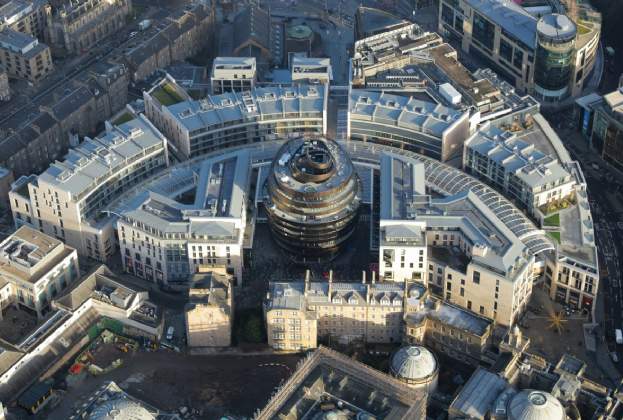
.jpg)
.jpg)

